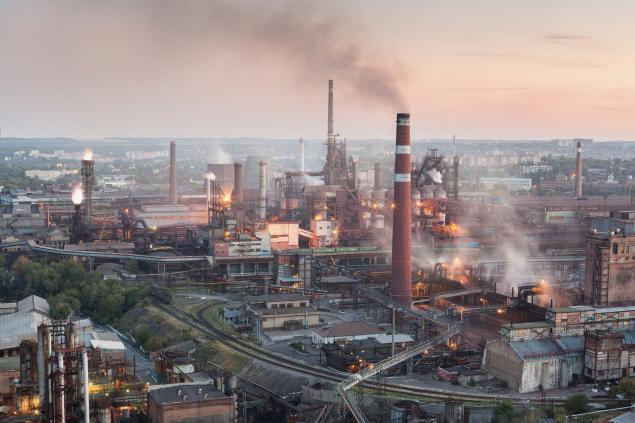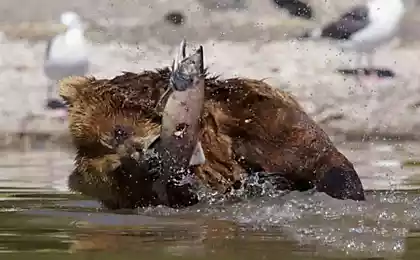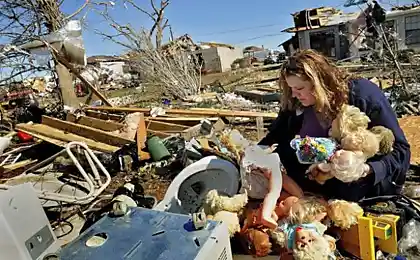441
Russia is sacrificing the economy for the sake of ecology
Centre for efficient use of energy carbon outlined the plans of Russia to 2030 inclusive. According to forecasts, Russia will have a tough scenario commitments to reduce emissions of greenhouse gases, which took over the country. It is planned that the Russian Federation will have to keep the bar high annual average emissions, which will be 30% less than those recorded for 1990, the year.
In this case, the efficient energy consumption center note that the figures are quite feasible. After all, according to estimates, in 2011 Russia produced greenhouse gases is 1.8% less than the recommended. And, according to the decree of the President of the country until the end of the decade should follow this level. New climate targets beyond 2020, the year Russia will be able to present in December at the UN conference, which will take place in Peru.

In addition, the specialists of efficient energy consumption center in conjunction with scientists from several Russian research institutes have initiated project which evaluated the benefits and costs that will bring low-carbon development strategy of Russia for the next 35 years, until 2050. The various embodiments of the obligations that the state can take on in the near future.
Experts considered two options – hard and soft. The first is to ensure that the annual emissions, the volume of which is less than 1990, the year at 30%, soft – 25%. But both options would entail financial losses, which could have an impact on the economic growth of the country and will entail additional measures to regulate the situation.
According to the Director of efficient energy consumption center Igor Bashmakov, adhering to a fixed annual release every year, Russia, first, receives a lot of flexibility mechanisms of the solution. And secondly, it will bring much more benefit for the environment than just the final decline to the level planned by 2030 year. In this tough scenario suggests reducing emissions to 2050 of the year in 2 times in comparison with 1990 year, any annual retention amounts constituting 67% of the base. Soft script is in the Arsenal of more possible variations.
But Bashmakov noted that the measures taken by the government to combat global warming, has already brought significant results. Even if you do not enter any restrictive thresholds, the total amount of emissions and so will be 10% less than what we could observe in 1990-m to year. The difference of the digits due to improved technology and the introduction of ecoprogram aimed at the leveling of man's impact on the environment. According to estimates of environmentalists, the situation is beginning to slowly stabilize. And scientists note with satisfaction that nature can absorb much more gas than it produces, the country. Therefore, economists and environmentalists, there is a field for discussion as to further help the environment, while not greatly harming the economy.
Speaking of the economy. Russia is among a small group of countries with economies in transition, in which GHG emissions have decreased. Amid the global growth of GHG emissions in the energy sector to Russian control measures appear to be more capable. Globally, however, there is no significant changes, as the preponderance of global growth is too large. 32 billion tons of emissions, which Russia has reduced its volumes over the last 20 years look like a drop in the sea, although this figure and equal to the annual emissions of all countries of the world.
Igor Bashmakov noted that Russia's plans to move in the same direction. But the rate of movement every year need to be adjusted. Reduction of GHG emissions by 30% will not affect GDP, but if the reduction is stated by 50%, the economy will lose up to 9%. While on the other hand a low-carbon economy could provide a powerful impetus for the development of other areas of the economy, experts say. However, this requires innovation, which the Russian government is ready to invest.
Another problem to be solved is that the nature of our country absorbs foreign carbon. According to experts, only half of what is absorbed by the natural resources of our country, is produced. The rest is "supply" from abroad. And this is also going to speak at the conference ONN, is dedicated to environmental issues.
Source: zeleneet.com
Useful properties and interesting facts about coffee
Organic food in the diet does not reduce cancer risk























